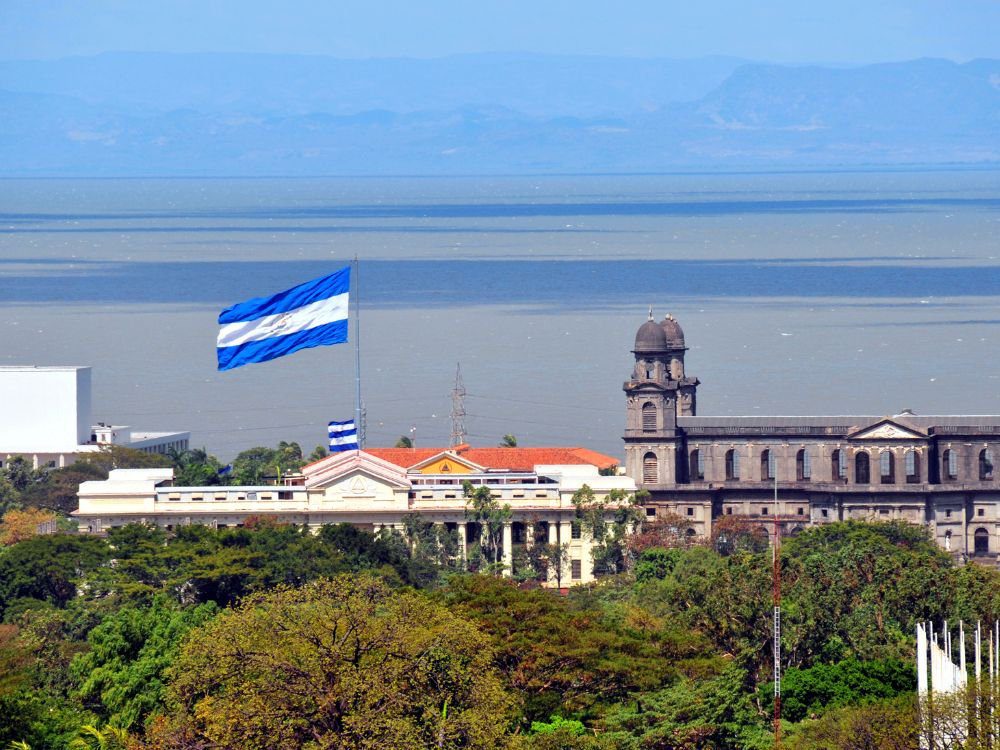Your No-BS Guide to Nicaragua Immigration: Visas, Residency & Renewals
So you’ve fallen in love with Nicaragua’s Pacific coast—maybe you’re building your dream home in San Juan del Sur or just chilling with the fam in Playa Marsella. But what’s the deal with actually staying here legally long term?
Here’s your straightforward guide to Nicaragua immigration, covering everything from tourist visas to full-on residency, plus all those renewal quirks in between. Whether you’re flying solo or moving with a crew, this one’s for you.
Tourist Visa Entry Requirements for Nicaragua
Let’s start with the basics. Most visitors from North America, Europe, and many parts of Latin America can enter Nicaragua with a 90-day tourist visa granted upon arrival — no pre-application needed.
But here’s the catch: That 90 days isn’t renewable inside Nicaragua.
If you’re planning a longer stay (hello, digital nomads and sun-chasers), you’ll need to do a border run or apply for residency.
Nicaragua Immigration: Border Runs in Costa Rica & Beyond
If you’re not ready to apply for residency, many expats extend their stay by doing a “border run.” That means leaving Nicaragua before your 90-day visa expires and re-entering to get a fresh 90 days.
The easiest option near San Juan del Sur is crossing into Costa Rica via Peñas Blancas. Many just pop over for a night or a few hours. But beware: Immigration officers can deny re-entry if they suspect you’re gaming the system, especially if you’ve done multiple runs without a longer break. It’s not guaranteed.
Other options include flying to Honduras, El Salvador, or Panama — all valid routes that count whether by land, air, or sea.
Remember: Overstaying your visa leads to fines and hassles. Don’t push it.
What to Bring for a Border Run
To get your fresh 90-day tourist visa on re-entry, immigration officials may ask for:
-
Proof of onward travel (bus or flight ticket out of Nicaragua within 90 days). Services like BestOnwardTicket.com can help generate temporary bookings.
-
Valid passport with at least six months remaining before expiry.
Immigration officers have broad discretion, and re-entry is not guaranteed — especially with multiple short border hops. Be polite, prepared, and always leave before your visa expires.
Want to Stay Longer? Consider Nicaragua Immigration Residency
If you’re settling down or starting a business, Nicaragua residency is your next step. Here are the common types:
-
Pensionado (Retiree): Must prove $600+ USD/month pension income
-
Rentista: Private income of $750+ USD/month (not from pension)
-
Investor: Requires investment in Nicaraguan business or property
-
Worker/Employee: Valid work contract with a Nicaraguan employer
-
Spouse or Parent of a Nicaraguan Citizen
Once your residency is approved, immigration places a five-year residency stamp in your passport. You’ll also receive a Nicaraguan residency ID card called a cédula de residencia (or just cédula).
Important: All applicants—including spouses and children—must go in person to Managua to collect their cédula when it’s ready. This card is your official local ID and proof of legal residency. It’s essential for opening bank accounts, getting a driver’s license, and more.
Although residency is valid for five years, your cédula must be renewed every six months (either in Managua or, more conveniently, in Rivas). This renewal is a simple update — not a full reapplication — but it’s critical to stay current.
Where to Apply for Nicaragua Immigration Renewals: Not Just Managua Anymore
All new residency applications are submitted in Managua, at the Dirección General de Migración y Extranjería (DGME). Be prepared for early mornings, long waits, and possibly multiple trips. Staying overnight nearby can help.
Good news: You no longer need to travel to Managua for your cédula renewals.
The regional immigration office in Rivas, just 30 minutes from San Juan del Sur, now handles six-month cedula renewals. Total game changer for Pacific coast residents.
Rivas Immigration Office Hours:
Monday to Friday: 8:00 a.m. – 5:00 p.m.
Saturday: From 8:00 a.m. (closing times vary)
What You’ll Need for Residency Applications
Applying for residency requires careful prep, especially with family. Here’s what you’ll need:
- Apostilled Documents:
Birth certificates, marriage certificates, police background checks—all must be apostilled in your home country before arrival in Nicaragua. An apostille is an international stamp of authenticity. - Proof of Income:
Depending on your residency type, you’ll show proof of income ($600–$750 USD+ monthly). These documents don’t require apostilles but usually need notarization and official Spanish translations. - Translations:
Any non-Spanish documents must be translated by certified translators. Lawyers often handle this. - Local Background Check at INTERPOL (Managua):
Even with apostilled police checks from home, all adult applicants must get fingerprinted and pass a Nicaraguan background check at INTERPOL in Managua. Your lawyer can schedule this, but you must appear in person. - Passport Copies & Photos:
Bring lots of copies and passport-sized photos. You’ll need multiple copies of passports, entry stamps, and other documents per family member. Your lawyer will advise exact numbers.
What Happens After You Apply for Residency?
After submission, you receive a paper confirmation (called a resolución favorable or constancia de trámite)—this is not your cédula but proves your application is in process. Importantly, you no longer need to do border runs once you have this.
At the end of the process, you’ll be called to Managua to collect your official cédula, valid for five years.
There is no permanent residency upgrade after five years — instead, you reapply for residency renewal every five years with updated documentation.
Cedula vs. Residency Renewal: What’s the Difference?
| Type of Renewal | What It Is | Where to Do It | How Often | Estimated Cost per Person | Who Needs to Go |
|---|---|---|---|---|---|
| Cedula Renewal | Renewal of your Nicaraguan residency ID card (not your legal residency itself) | Rivas or Managua | Every 6 months | ~$55 USD (paid in córdobas) | Managua: 1 adult can represent family; Rivas: both parents must attend (kids don’t need to go) |
| Residency Renewal | Full renewal of your legal residency status after 5 years | Managua only | Every 5 years | $150–$200+ USD (plus legal fees) | All residency holders must attend in person |
Specific Cedula Renewal Copy Requirements (Rivas Office):
-
Adults:
4 copies passport photo page
4 copies first Nicaraguan entry stamp
4 copies second-to-last page of passport
4 copies cédula front and back -
Children:
2 copies of each of the above
Remember, payments must be made in córdobas, not USD.
Can You Work on a Visa or Residency?
-
Tourist Visa: No working allowed.
-
Residency: Depends on type.
-
Pensionado/Rentista: Not allowed to work locally.
-
Investor/Employee Residency: Allowed to work.
-
Final Thoughts: Stay Legal & Stress-Free with Nicaragua Immigration
Nicaragua is welcoming to expats, but immigration rules must be respected. Overstaying visas or skipping renewals can get expensive — or worse, get you kicked out.
Whether you’re doing quick border runs or fully applying for residency, staying on top of your Nicaragua immigration status means more beach time and less bureaucracy.
Got questions or need help with lawyers, translators, or fixers in San Juan del Sur? Reach out or check out the Legal Services category right here on Nica Seeker.



